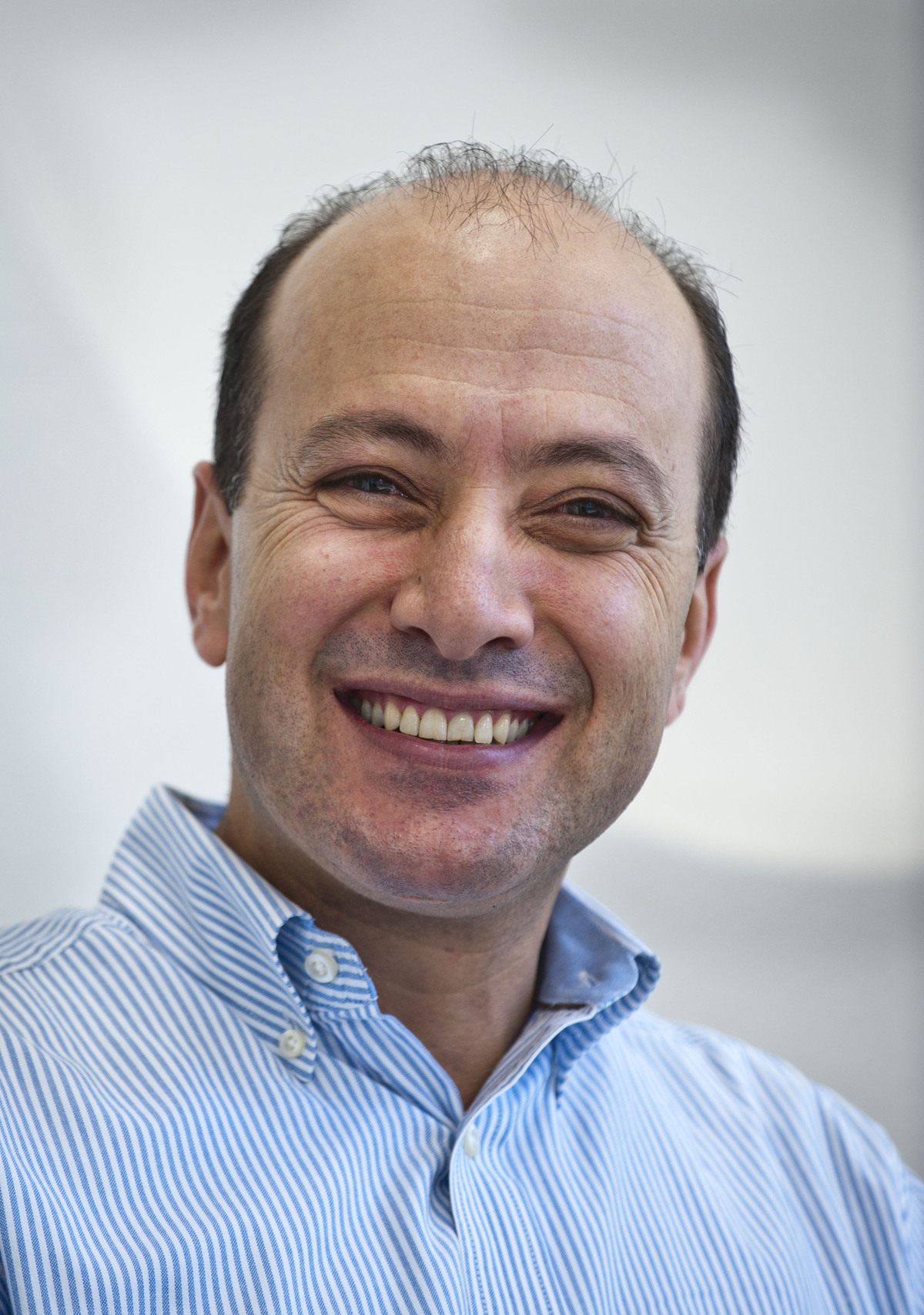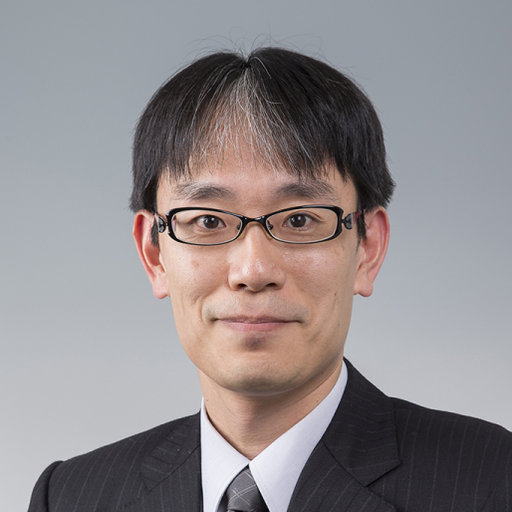I-RIM 3D 2024 — Keynotes Overview
Tamim Asfour
Humanoid Robotics – Engineering General-Purpose Functional Intelligence
 Abstract
Abstract
Research in humanoid robotics strives to create versatile machines that are endowed with functional intelligence. These machines should be able to reason and act in the physical world and perform any task that a human might reasonably be expected to carry out. Substantial advances have been made, positioning AI-based humanoid robotics as a cornerstone in robotics research and understanding both intelligence and human versatility. The talk will present progress towards 24/7 humanoid robots designed to assist and empower people at home and at work. It will highlight the engineering of robot cognitive architectures that support learning from interaction and experience, the execution of complex manipulation tasks, and the transferability of learned skills between different robots, tasks and environments. Finally, the talk will conclude by introducing the vision of the newly established Robotics Institute Germany (RIG) and discussing promising synergies with the Italian Institute of Robotics and Intelligent Machines (I-RIM) to foster international cooperation in advancing AI-based robotics for a better life for humans.
Biography
Hermano Igo Krebs
Robotics and AI: Pillars of the next Generation of Rehabilitation Robotics
 Abstract
Abstract
A foundation of contemporary neurorehabilitation and aging-in-place is recovering function and harnessing brain plasticity through practice. Emergent technology can be used as a therapeutic and training tools where an increasing range of products enable engaging and quantifiable interventions. When the nature of the prescribed therapy using technologies matches the clinical therapeutic goals, and can be used with clinical progression and remote oversight, such tools offer a new horizon for access to therapy and training that has historically been uninspiring. With the rapid growths of robotics and AI over the recent past, an opportunity exists to promote smooth transition to community and home care, and overall increase the dose of therapy and outcomes. This talk will highlight some examples of robotics and AI and how they are the pillars of an innovative transition of care from bedside to the home. There is at present no home-based robotics mobile health system available at low-cost. The significance and impact lies in that existing tech/gaming systems/AI for the home do not adequately cater for the more impaired neurological patient, and robotic systems and AI can fill this void. We will attempt to present some perspectives from hospital, engineering, industry and rehabilitation science, to discuss current state of the art, direction, challenges and opportunities.
Biography
Dr. Hermano Igo Krebs is a Principal Research Scientist and Lecturer at MIT’s Mechanical Engineering Department and the Director of The77Lab (http://the77lab.mit.edu/). He holds an affiliate position as a Visiting Professor at Fujita Health University, Department of Physical Medicine and Rehabilitation (Japan), at Osaka University, Mechanical Science and Bioengineering Department (Japan), at Keio University, Department of System Design Engineering (Japan) and at Loughborough University, Rehabilitation Robotics of The Wolfson School of Mechanical, Electrical, and Manufacturing Engineering (UK). He is a Fellow of the IEEE and was nominated to this distinguished engineering status “for contributions to rehabilitation robotics and the understanding of neuro-rehabilitation.” He received “The 2009 Isabelle and Leonard H. Goldenson Technology and Rehabilitation Award,” from the Cerebral Palsy International Research Foundation (CPIRF), the 2015 IEEE-INABA Technical Award for Innovation leading to Production “for contributions to medical technology innovation and translation into commercial applications for Rehabilitation Robotics,” and he was selected as a 2021 IEEE-EMBS Distinguished Lecturer (2021/2022). He was one of the founders and the Chairman of the Board of Directors of Interactive Motion Technologies from 1998 to 2016. He successfully sold it to Bionik Laboratories, a publicly traded company. He later founded 4Motion Robotics.
Yasuhisa Hirata
Empowering Human: Assistive AI Robots and Human-Centric Support Systems in Society 5.0
 Abstract
Abstract
This talk introduces our Moonshot project, part of Japan’s National Research and Development (R&D) program. The Moonshot program supports high-risk, high-impact R&D aimed at achieving ambitious goals and addressing challenges such as the super-aging population. The objective of our project is to develop adaptable AI-enabled robots that can be deployed in various settings. Currently, we are working on a range of assistive robots called the Robotic Nimbus, which can alter their shape and form based on the user’s condition, environment, and the task at hand. These robots are designed to provide appropriate assistance, particularly for the elderly and disabled, empowering them to live independently. As part of this initiative, we are also developing a system for long-term human monitoring. This system will analyze individuals’ capabilities and limitations to identify where support is most needed. By integrating this data into an advanced simulator, we can create personalized support strategies. This effort aligns with the vision of Society 5.0, which seeks to create a super-smart society where humans and technology collaborate seamlessly to improve quality of life.
Biography
Yasuhisa Hirata is a Professor in the Department of Robotics at Tohoku University, Sendai, Japan. He received his B.E., M.E., and Ph.D. degrees in mechanical engineering from Tohoku University in 1998, 2000, and 2004, respectively. He has been conducting research on Human-Robots Interaction, Multiple Robots Coordination, Factory Automation Robots, etc. He is serving as a project manager of the Moonshot R&D program in Japan. He is also serving as an AdCom member of the IEEE Robotics and Automation Society (RAS) and chair of the IEEE RAS Technical Committee Cluster on The Health and Medical Robotics.

